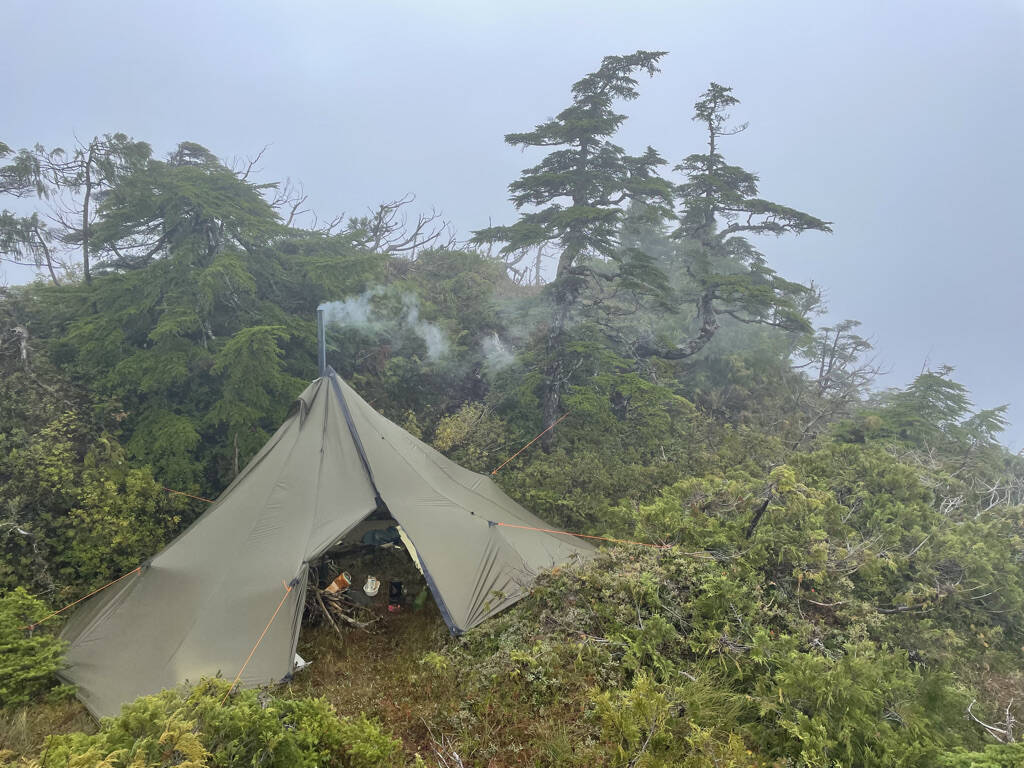By Jeff Lund
My wife Abby is not a practicing minimalist. That is, she doesn’t really care about titles.
When we met, she just simply didn’t feel like she needed a lot of stuff. Of all the things that attracted me to her, that was one of the big ones. She seemed to stand not on products or quotes or the projection of who she wanted to be. She was confident enough to just be herself. She did what she liked to do, which happened to be a ton of stuff outside, and she had just enough gear to make it happen.
However, when we first started dating, she didn’t hunt and wasn’t as deep into fishing as I was. So I figured it was my duty to educate her on the need to be prepared. For anything. I called myself “prepared” which was a euphemism for I had a ton of stuff I didn’t need and validated the mess by saying I was prepared when the truth was I didn’t want to tell myself no.
There is certainly something to say for having comfortable, functional gear which will make the experience better. Layering cheap clothing makes for bulky, awkward fits and can be potentially dangerous when the weather turns.
Conversely, sleeping under a tarp with just a Walmart sleeping bag and hooded sweatshirt so that you can post on social media what a minimalist you are is stupid on multiple levels.
But I started to see the value of the middle ground. I have had the same clothing system for hunting going on six seasons now. It works. So why buy something else? I’ve added and replaced here and there, but I started calculating expenditures in terms of tickets. I could buy a jacket I don’t really need, but sure would like, for $749, or I could buy roundtrip airfare to Fairbanks to hunt caribou with a buddy.
Recalling the days I could rarely tell myself no, even when I used fake, credit card money, made me sick. Not that I have a bunch of $749 jackets around, but small things add up. I mastered convincing myself more smaller things was different than one big thing. Add on top of that eating out because I was too lazy to plan and eat at home, and I’ve bought stuff I don’t need and single-serving meals for the price of experiences.
How much time have I wasted because I valued a product over an experience?
I’m still tempted by shiny new things, but for the most part I only replace gear that has failed. In some cases, I find I don’t even really need a replacement.
What makes me feel good is not that I can use #minimalism on social media, or that I feel superior because I don’t buy new camo every year. What makes me happy is that restraint has paid for another caribou hunting trip. This time when it’s not -30 degrees.
It’s easy to say that a trip is better than a jacket, but how often do we still buy the jacket, and in doing so, decorate our closet rather than feed our lives?
As consumers, we fund a multi-million (billion?) dollar industry that preys on our inability to say no to crap we don’t need because someone who got it for free says it’s a “game-changer.”
Stop it.
Minimalism isn’t about cutting your toothbrush in half to save ounces three times a year when you get into the backcountry. Minimalism is the year-round practice of valuing what you have, and using it.
• Jeff Lund is a freelance writer based in Ketchikan. His book, “A Miserable Paradise: Life in Southeast Alaska,” is available in local bookstores and at Amazon.com. “I Went to the Woods” appears twice per month in the Sports & Outdoors section of the Juneau Empire.

